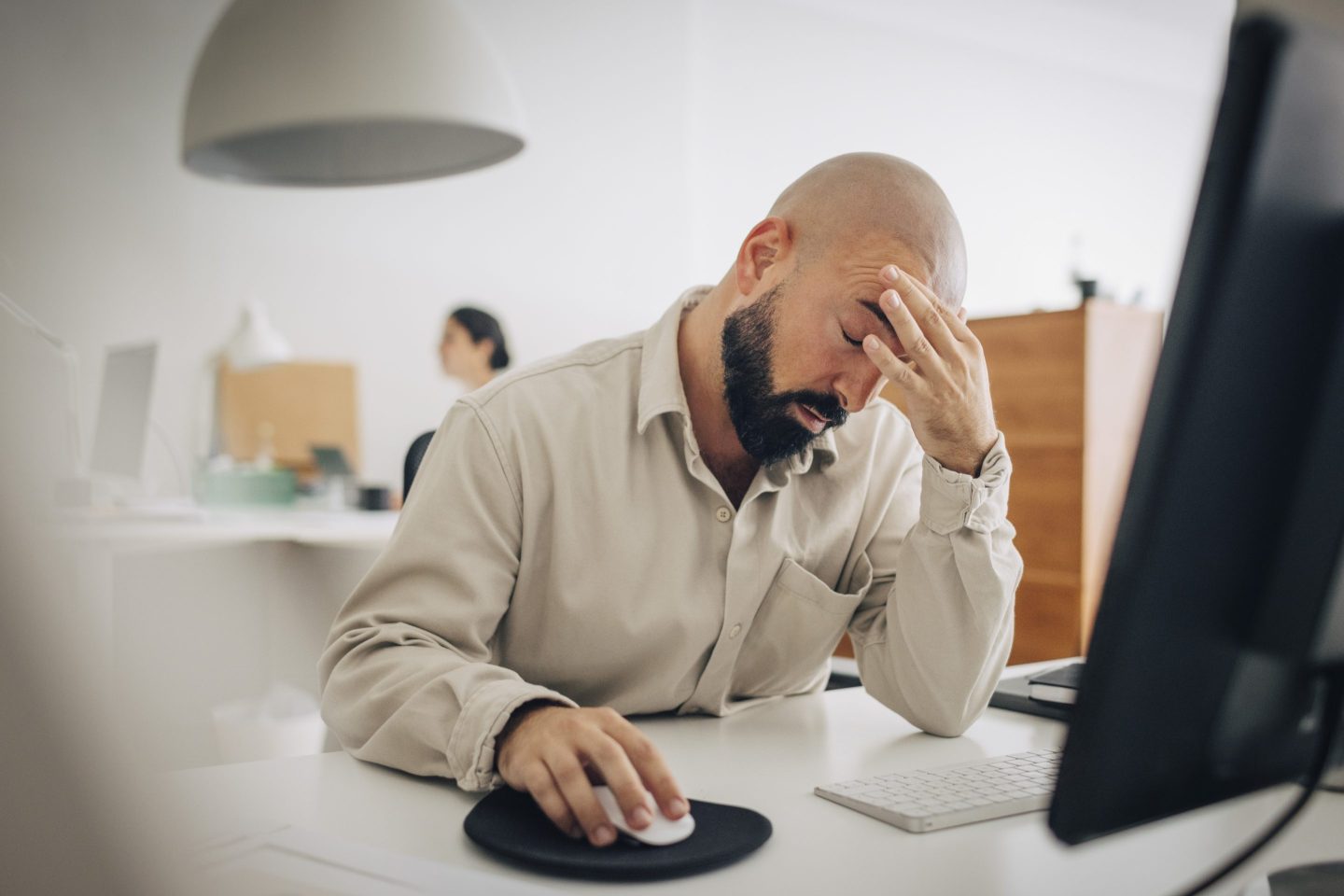Managers and corner office holders: Don’t be surprised if your team’s productivity levels are a little off—daylight saving is just around the corner.
As the leaves fall and the air gets more crisp, the United States is less than a couple weeks away from when the clocks “fall back,” and we gain an extra hour of sleep (though research shows that most of us actually lose sleep).
Daylight saving time will end for the year on Sunday, November 2nd.
But the shift won’t just alter the clocks. The change also disrupts our internal systems that drive focus and productivity.
Workers may find it a little harder to concentrate thanks to the clock changes
“Changes in sleep schedules can have a big impact on our ability to concentrate or perform at peak levels, even when we feel like we’re gaining an hour to sleep in,” Qualtrics’ Chief Workplace Psychologist Dr. Benjamin Granger tells Fortune.
“For the first few days, don’t be surprised if you find it a little harder to concentrate or think clearly. This might lead to a slight dip in productivity but don’t panic,” he added.
Though there have been calls from President Trump to get rid of the clock change, it is still in season across most of the states. Implemented as an energy-saving effort in the 1990s during World War I and WWII, it is now criticized due to its impact on public health and safety.
To cope with the effects of daylight saving, Granger has tips to make the workplace more pleasant.
How to minimize the effects of setting the clock back
- Adapt as soon as possible
“The good news is people—and our brains—are very adaptable. While we can’t re-set the clocks in our brains as quickly as our watches, it usually doesn’t take long for natural rhythms to align. Settle into your new routine as soon as possible and stick with it even on the weekends,” Granger said.
- Get lots of natural light
“Where possible, lots of natural light, or at least less harsh fluorescent lighting, can help workers adjust quickly,” he added. “Good office lighting will be especially helpful with earlier sunsets also.”
- Be flexible with workers
“If it’s possible, this is a good opportunity to provide a bit more flexibility for workers and their families when it comes to their schedules. Although it may seem like a minor change, even just an hour change can be disruptive in the short term, especially for parents of small children,” Granger said.
Daylight saving is here to stay (for now)
Although efforts have been made in Congress to stop the twice-annual clock change, the legislation hasn’t crossed the finish line. In March 2022, the U.S. Senate approved the Sunshine Protection Act unanimously, which would have made daylight saving time permanent, but the effort stalled in the House of Representatives after lawmakers failed to reach consensus.
In March 2025, former President Donald Trump noted the issue was divided: ‘This should be the easiest one of all, but it’s a 50-50 issue… A lot of people like it one way, a lot of people like it the other way,” he told Reuters.
Then in April 2025, Trump posted that ‘The House and Senate should push hard for more Daylight at the end of a day. Very popular and, most importantly, no more changing of the clocks, a big inconvenience and, for our government, A VERY COSTLY EVENT!!!’ Fortune reached out to the White House for further comment.
Despite these efforts, daylight saving time is still here to stay.












